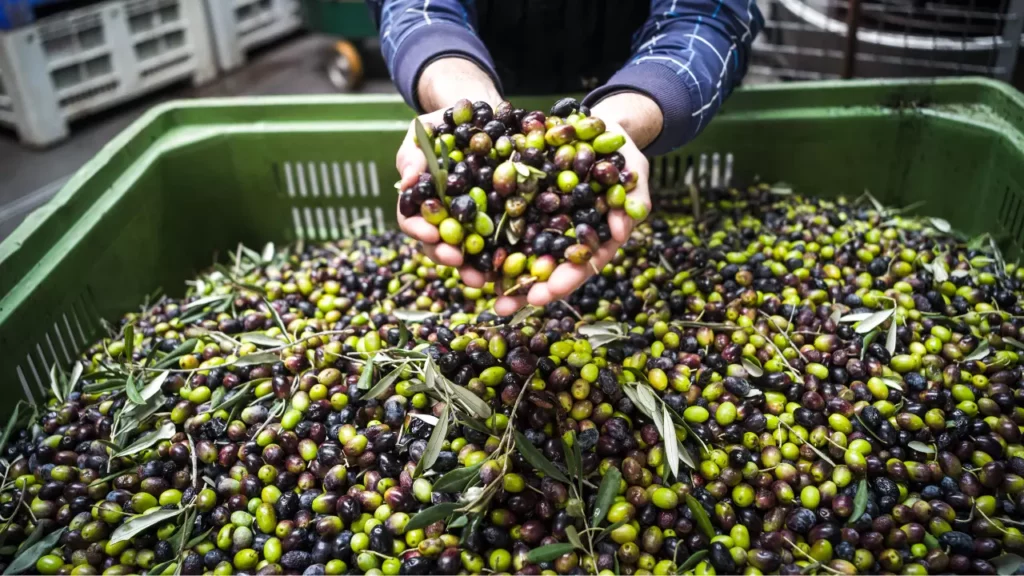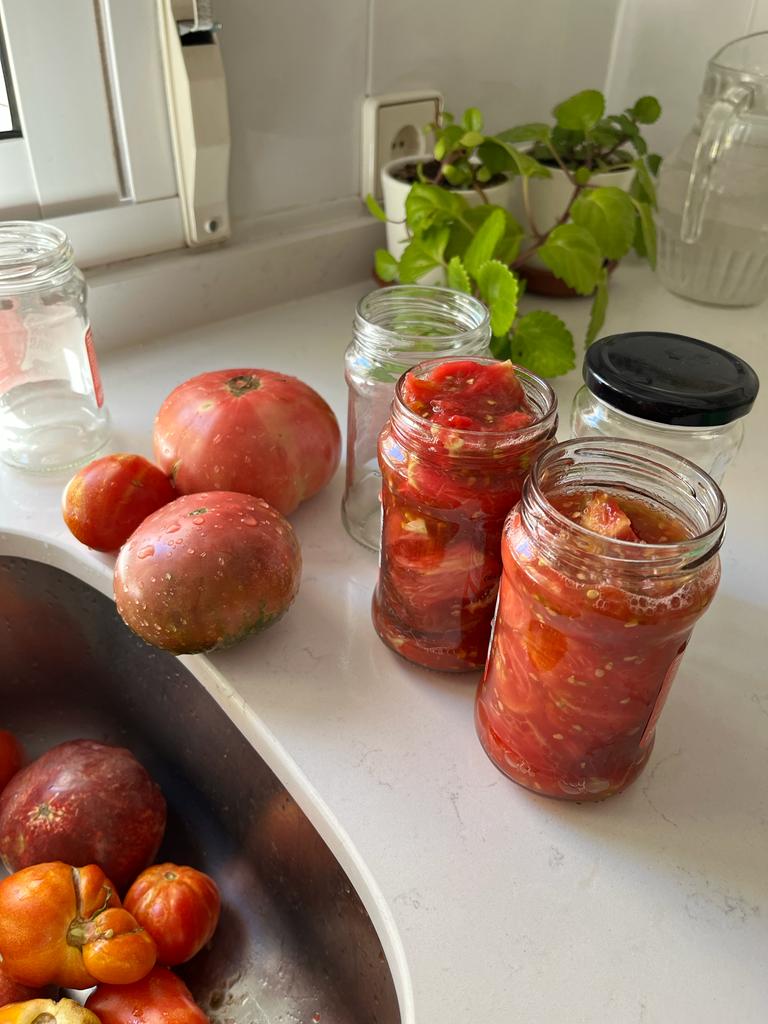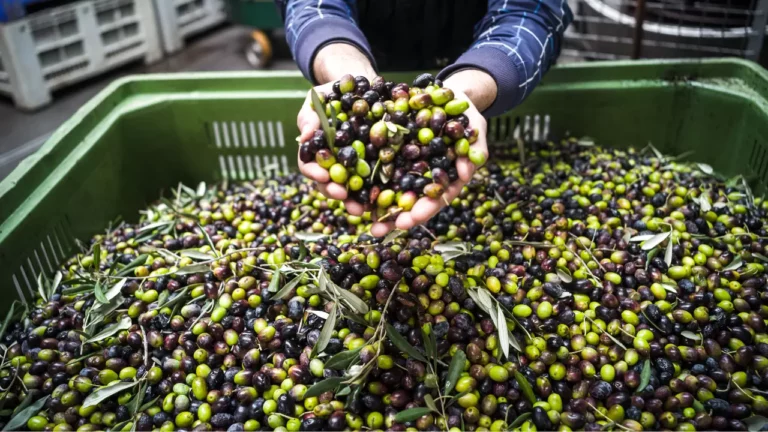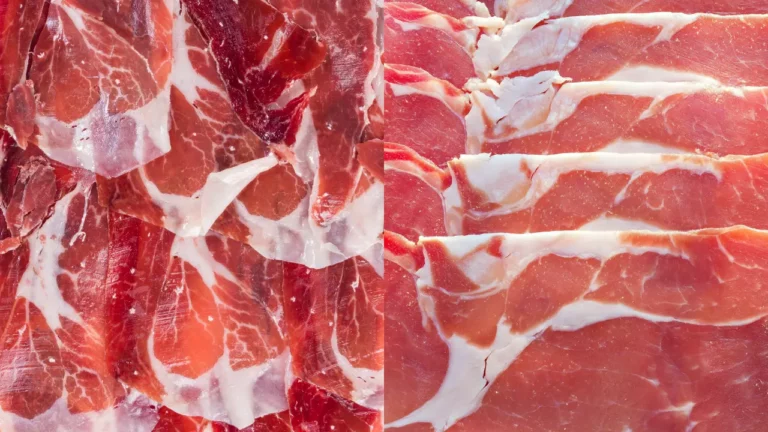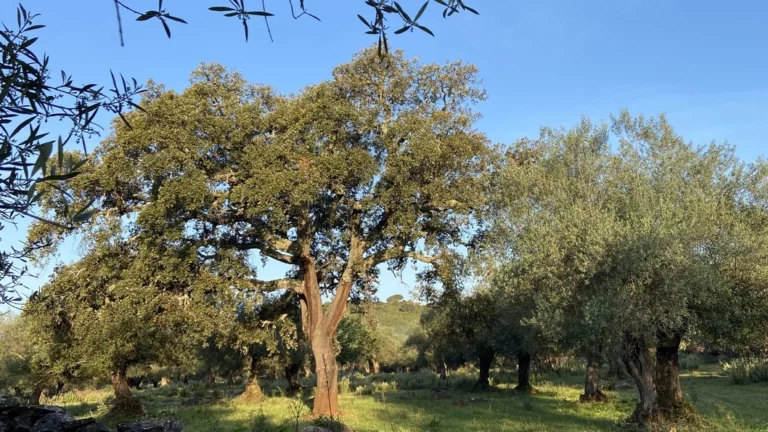Introduction
Extra virgin olive oil is often referred to as liquid gold due to its rich, golden hue and its numerous health benefits. But what exactly is extra virgin olive oil, and why is it so highly prized by chefs, health enthusiasts, and food lovers around the world?
In this article, we’ll explore the fascinating world of extra virgin olive oil, from its origins to its production, and from its health benefits to its culinary uses. We’ll also answer some of the most commonly asked questions about this prized ingredient, so you can become an expert on all things EVOO.
So, let’s dive in and discover the wonders of extra virgin olive oil!
Table of Contents
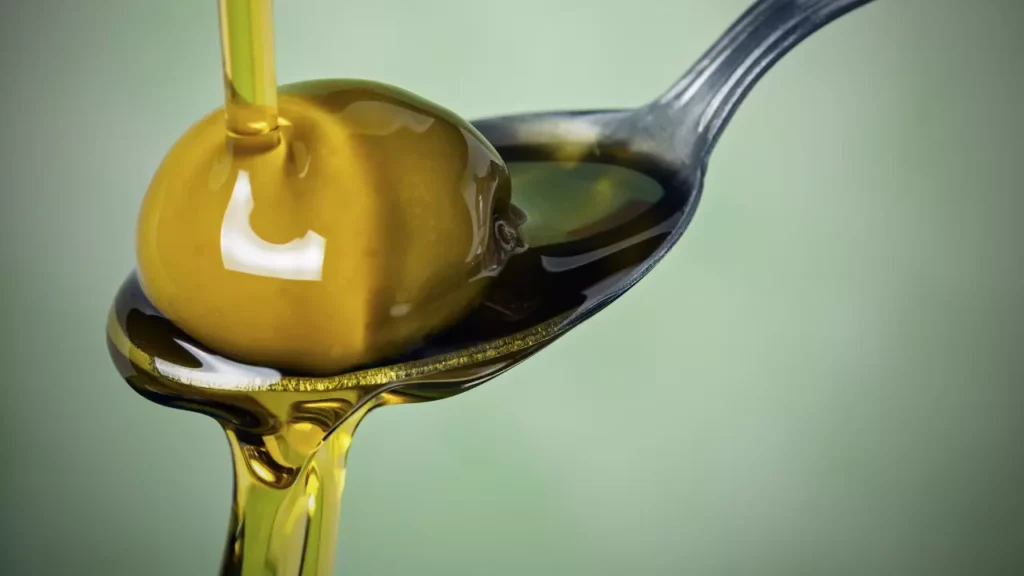
What is Extra Virgin Olive Oil?
Extra virgin olive oil (EVOO) is a type of oil made from the fruit of the olive tree. It is the highest quality and most flavorful type of olive oil, with a distinct fruity taste and a pungent aroma.
Unlike other types of olive oil, which may be chemically refined or blended with other oils, extra virgin olive oil is made solely from pure, cold-pressed olives, without the use of any chemicals or solvents.
To qualify as extra virgin, the oil must meet strict production and quality standards. It must have an acidity level of less than 0.8%, be made from fresh, healthy olives, and be free of any defects or off-flavors.
How is Extra Virgin Olive Oil Made?
Extra virgin olive oil is made using a process called cold-pressing. This involves crushing the olives and pressing them to extract the oil without the use of heat or chemicals.
The olives are first washed and then crushed into a paste using a machine called a mill. The paste is then spread onto mats or disks, which are stacked and pressed to extract the oil.
The resulting oil is then filtered to remove any remaining bits of fruit or debris. This process ensures that the oil is pure and free of any impurities or off-flavors.

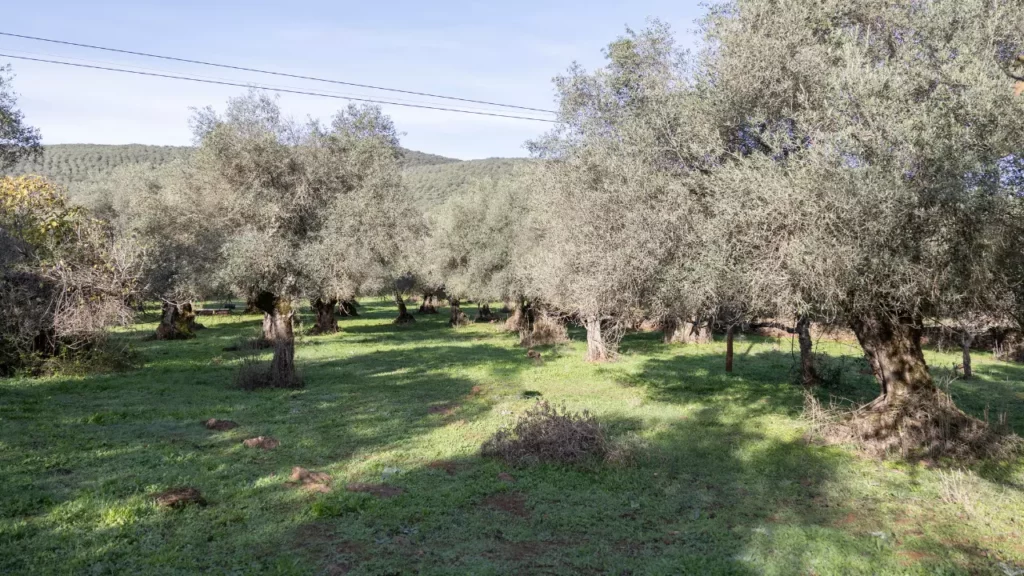
What Makes Extra Virgin Olive Oil So Special?
Extra virgin olive oil is highly prized for its unique flavor and numerous health benefits. Here are just a few reasons why EVOO is so special:
- Rich in healthy fats: Extra virgin olive oil is a great source of healthy monounsaturated fats, which can help reduce inflammation, lower cholesterol levels, and promote heart health.
- Packed with antioxidants: EVOO is rich in antioxidants, which can help protect your cells from damage caused by free radicals and reduce your risk of chronic diseases.
- Versatile and delicious: Extra virgin olive oil is incredibly versatile and can be used in a variety of dishes, from salads and sauces to roasts and grills. It adds a distinct flavor and richness to any dish, making it a must-have in any kitchen.
- Made with care: Extra virgin olive oil is made with great care and attention to detail. From the selection of the olives to the pressing process, every step is carefully monitored to ensure that the oil is of the highest quality and flavor.
How to Choose the Best Extra Virgin Olive Oil?
When it comes to choosing the best extra virgin olive oil, there are a few key factors to consider:
- Look for quality certifications: Choose oils that have been certified by reputable organizations, such as the International Olive Council or the California Olive Oil Council. These certifications ensure that the oil meets strict quality and production standards.
- Check the harvest date: Look for oils that have a recent harvest date, preferably within the last 12 months. Fresher oils will have a better flavor and higher nutritional value.
- Read the label: Check the label for information on the country of origin, the variety of olives used, and the acidity level. Avoid oils that list vague or generic terms, such as “blended” or “from multiple sources.”
- Taste test: If possible, taste the oil before you buy it. Look for oils that have a fruity aroma, a slightly bitter taste, and a peppery finish. Avoid oils that taste flat, rancid, or overly greasy.
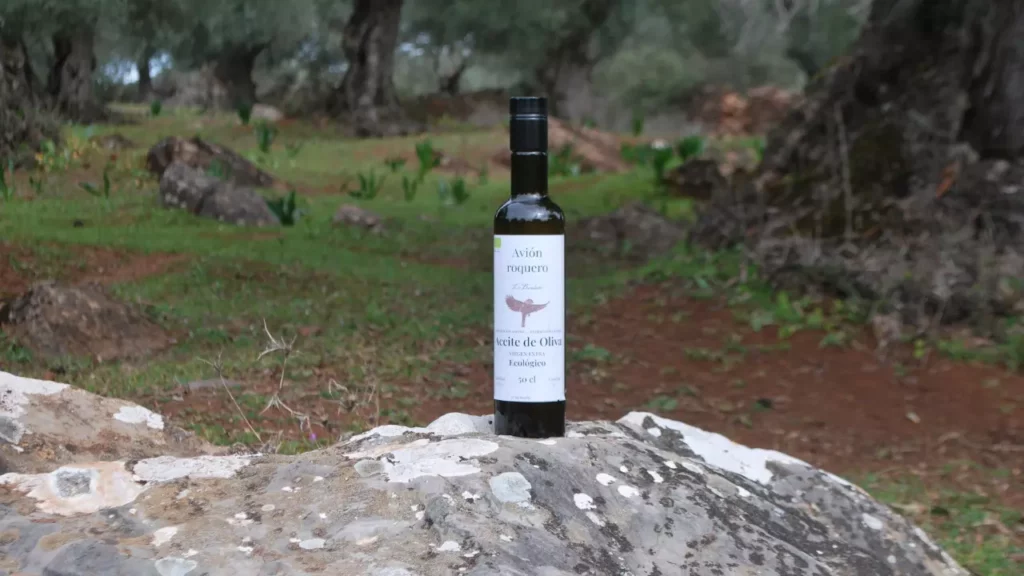
How to Store Extra Virgin Olive Oil?
To ensure that your extra virgin olive oil stays fresh and flavorful, it’s important to store it properly. Here are a few tips to keep in mind:
- Store in a cool, dark place: Exposure to light and heat can cause the oil to oxidize and lose flavor. Store your oil in a cool, dark pantry or cupboard away from direct sunlight.
- Keep the bottle tightly sealed: Oxygen can also cause the oil to deteriorate. Keep the bottle tightly sealed to prevent air from getting in.
- Use within 6 months: Extra virgin olive oil has a relatively short shelf life, typically around 6 months from the harvest date. Use it up within this time frame to ensure maximum flavor and nutritional value.
FAQs about Extra Virgin Olive Oil
Q: Is extra virgin olive oil healthier than other types of oil? A: Yes, extra virgin olive oil is considered one of the healthiest oils due to its high content of monounsaturated fats and antioxidants.
Q: Can you cook with extra virgin olive oil? A: Yes, you can cook with extra virgin olive oil, but it’s best used for low- to medium-heat cooking, such as sautéing or roasting. High-heat cooking methods, such as frying, can cause the oil to break down and smoke.
Q: How can you tell if extra virgin olive oil is rancid? A: Rancid oil will have a musty, stale smell and a flat or greasy taste. It may also appear cloudy or have a thick, syrupy consistency.
Q: Is it safe to use expired extra virgin olive oil? A: Expired oil may not be harmful, but it will have lost much of its flavor and nutritional value. It’s best to use fresh oil to ensure maximum benefits.
Conclusion
Extra virgin olive oil is a truly remarkable ingredient that has been prized for its flavor and health benefits for centuries. Whether you’re a professional chef or a home cook, incorporating EVOO into your cooking can add depth, complexity, and nutritional value to your dishes.
So, the next time you’re shopping for olive oil, remember to look for extra virgin, choose a quality product, and store it properly to enjoy its full flavor and nutritional benefits. Happy cooking!

